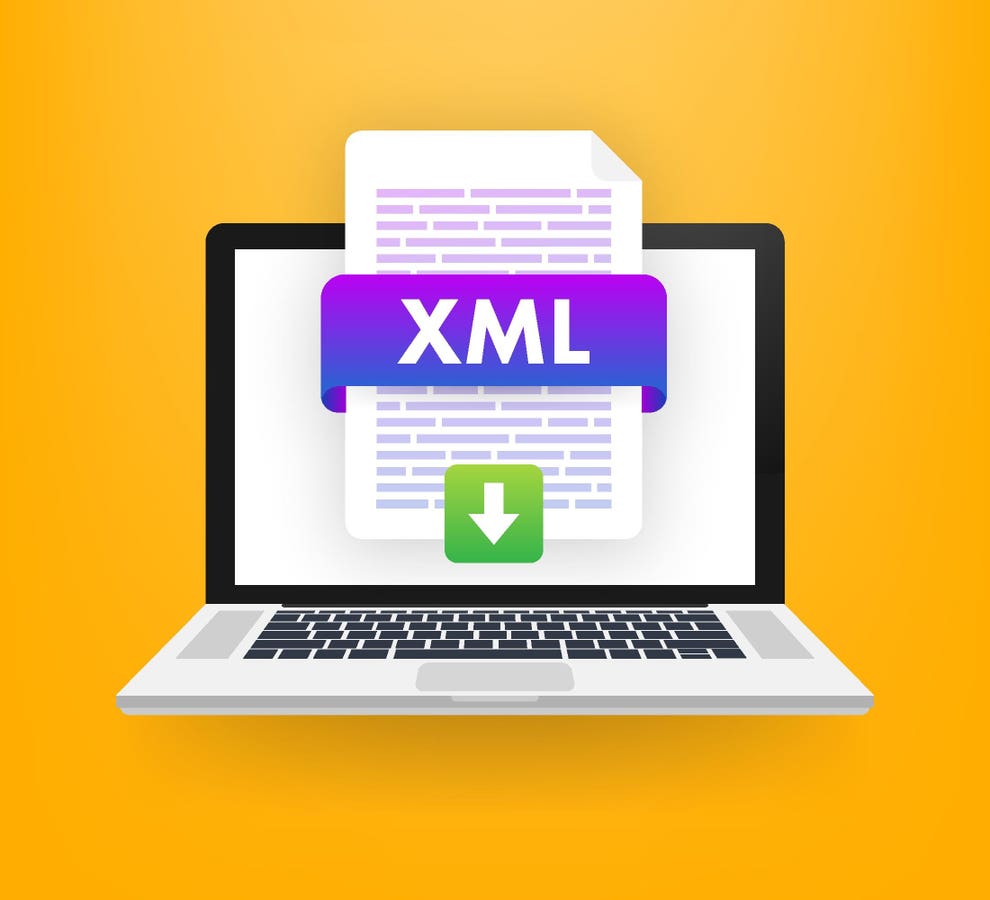Paragraph 1: The Dawn of E-Invoicing in the EU: A Harmonized Goal, Divergent Paths
The European Union is embarking on a significant transformation in tax compliance, ushering in an era of mandatory e-invoicing across member states. This initiative aims to curb tax fraud and enhance transparency, yet the implementation strategies vary considerably. Each nation’s unique tax system, existing digital infrastructure, and policy priorities dictate the specifics of their e-invoicing mandates. This analysis delves into the forthcoming e-invoicing regulations in Poland, Germany, Belgium, and France, outlining the timelines, key features, and practical insights for businesses to navigate these evolving landscapes.
Paragraph 2: Poland’s KSeF: A Centralized Approach Navigating Delays and Adaptations
Poland’s journey towards mandatory e-invoicing has been marked by delays, reflecting the complexities of integrating a centralized system into the existing tax infrastructure. The Krajowy System e-Faktur (KSeF), Poland’s national e-invoicing platform, will serve as the central hub for issuing, receiving, and storing electronic invoices. Initially offered for voluntary use in 2022, KSeF’s mandatory implementation was postponed due to technical issues and business concerns. The revised timeline, established in May 2024, outlines a phased rollout, beginning in February 2026 for large enterprises and extending to all other businesses by April 2026. Under KSeF, B2B transactions will require structured XML invoices adhering to the e-Faktura FA(2) specifications, transmitted via API. Consumer transactions remain voluntary, offering businesses flexibility. Notably, Poland’s KSeF system presents a potential conflict with the EU’s VAT in the Digital Age (ViDA) framework, potentially requiring future adaptations for cross-border transactions.
Paragraph 3: Germany’s Phased Approach: Gradual Transition and Flexibility in Transmission
Germany’s e-invoicing mandate, enacted in March 2024, mandates electronic invoices for domestic B2B transactions, with phased implementation from 2025 to 2028. Starting in 2025, businesses must be capable of receiving electronic invoices in various formats, including EN 16931 compliant formats like ZUGFeRD and XRechnung, as well as compatible foreign formats. The obligation to issue e-invoices will be phased in, starting with larger enterprises in 2027 and extending to all businesses by 2028. Germany offers flexibility in transmission methods, leaving the choice to contracting parties, and allows supplementary information in unstructured formats alongside the structured data. This approach aligns with the EU’s ViDA initiative through the adoption of EN 16931 but currently lacks a direct reporting obligation to tax authorities.
Paragraph 4: Belgium’s Universal Mandate: PEPPOL Network and SME Support
Belgium’s e-invoicing mandate, effective January 1, 2026, applies universally to all VAT-registered businesses with a presence in Belgium. This approach eliminates phased implementation based on company size. Ordinary electronic invoices will be replaced by structured electronic invoices adhering to the EN 16931 standard, primarily using the PEPPOL BIS format via the PEPPOL network. To facilitate the transition, the government has implemented supportive measures for SMEs, including increased investment allowances for digital infrastructure and enhanced expense deductions for invoicing software subscriptions. Belgium’s mandate aligns with ViDA but does not yet include mandatory digital reporting.
Paragraph 5: France’s E-Invoicing and E-Reporting: PDPs as Central Hubs and Phased Rollout
France is implementing both e-invoicing and e-reporting, with a phased rollout beginning in 2026. The e-invoicing mandate applies to domestic B2B transactions, with large enterprises obligated from September 1, 2026, and SMEs following in 2027. Initially planned as a public portal, the Portail Public de Facturation (PPF) will now primarily serve as a recipient directory and tax data hub. Businesses will utilize certified private Partner Dematerialization Platforms (PDPs) to manage their invoicing processes, validating invoices and transmitting data to the PPF. E-reporting requirements cover transactions outside the e-invoicing mandate, including B2C and cross-border transactions, following the same phased timeline. French overseas departments are included, while overseas collectivities are exempt from e-invoicing but may face e-reporting obligations.
Paragraph 6: Diverse Implementations, Common Goal: Shaping the Future of EU Tax Compliance
The four countries illustrate diverse approaches to e-invoicing, ranging from Poland’s centralized model to Germany’s decentralized approach, Belgium’s reliance on the PEPPOL network, and France’s use of private PDPs. Implementation timelines also differ, showcasing a spectrum from universal application to multi-phased rollouts. These variations reflect each nation’s specific context and priorities, yet all strive towards the shared objective of enhancing tax compliance within the EU. These diverse implementations will ultimately contribute to shaping the future landscape of tax administration and business operations across the European Union.

